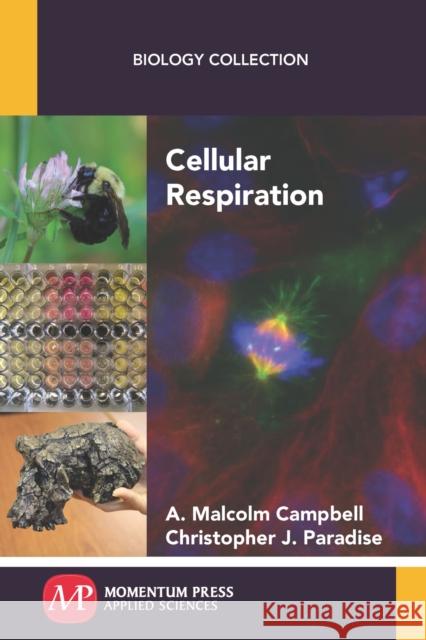Cellular Respiration » książka
Cellular Respiration
ISBN-13: 9781606509975 / Angielski / Miękka / 2016 / 100 str.
Many people find the process of cell metabolism boring and dry, but thata (TM)s because they tried to memorize all the steps. This book takes a fresh approach and shows the elegance of cells extracting energy from food and regulating this process as needed. What happens to a meal after it is eaten? Food consists primarily of lipids, proteins and carbohydrates (sugars). How do cells in the body process food once it is eaten and turn it into a form of energy that other cells can use? This book examines some of the classic experimental data that revealed how cells break down food to extract the energy. Metabolism of food is regulated so that energy extraction increases when needed and slows down when not needed. This type of self-regulation is all part of the complex web of enzymes that convert food into energy. Adding to this complexity is that all food eventually winds up as two carbon bits that are all processed the same way. Cellular Respiration will also reveal why animals breathe oxygen and how that relates to the end of the energy extraction process and oxygena (TM)s only role in the body. Rather than look at all the details, this book takes a wider view and shows how cellular respiration is self-regulating.











